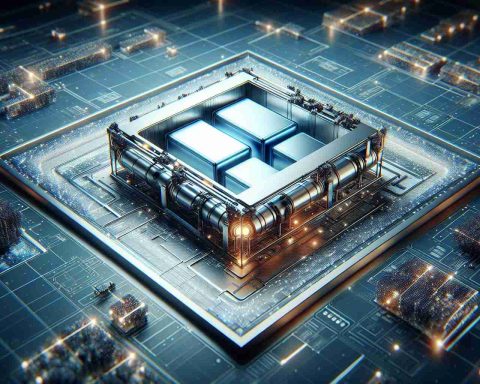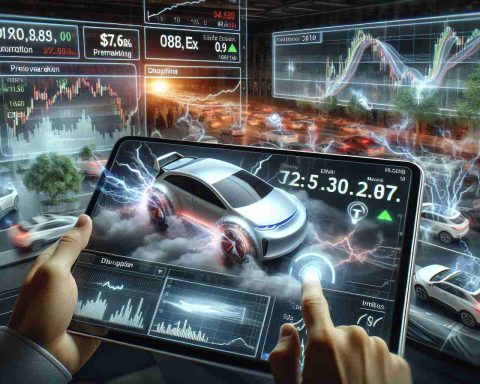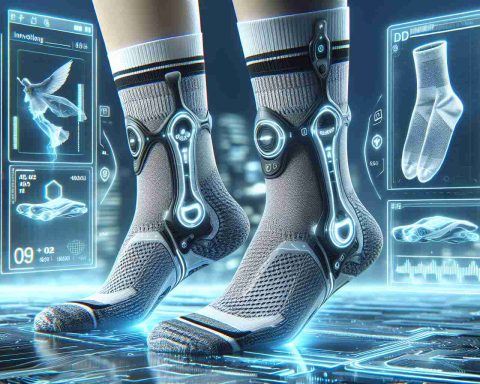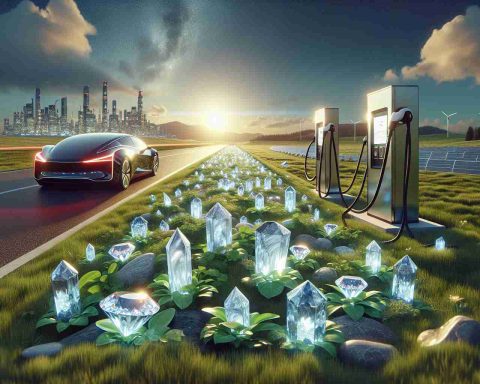The Future of Honda’s Electric Sports Cars
Honda faces a serious challenge as it attempts to recreate the exhilarating driving experience long associated with its iconic Type R, now in the age of electric vehicles. Currently, the company is working towards an all-electric successor to the NSX, expected to debut around 2027 or 2028.
The company’s innovative 0 Series EV platform will introduce its first models, the 0 Saloon and 0 SUV, in 2026. Despite the electrification direction, Honda has not yet confirmed a timeline for an electric Type R, though the development is under consideration.
During a presentation at CES 2025 in Las Vegas, a senior Honda executive shared insights into the challenges faced. Achieving the same level of driving excitement in an electric format poses hurdles due to the fundamental differences in battery and motor characteristics. Factors like sound, vibration, and acceleration are vital components that contribute to the unique driving pleasure a Type R is known for, and simply having power is insufficient to replicate that experience.
While the emergence of an electric Type R remains uncertain, Honda continues to push forward in the electric sports car market, with strong competition from established players like the Hyundai Ioniq 5 N and the Rimac Nevera. As Honda advances in electrification, ensuring that future models align with the brand’s high-performance heritage is a top priority. The current Civic Type R sets an impressive benchmark, emphasizing the challenge of its potential electric successor, which may not hit the roads until after 2030.
The Broader Impact of Honda’s Electric Sports Cars
Honda’s transition to electric sports cars signals a significant shift not just for the brand but for the global automotive landscape. As electric vehicles (EVs) gain traction, they fundamentally alter consumer perceptions of performance and sustainability. The drive towards electrification is reshaping consumer culture, as enthusiasts now weigh the thrill of performance against environmental stewardship.
The global economy stands to benefit as companies like Honda innovate within the EV space. With electric vehicles projected to make up as much as 50% of car sales by 2030, investments in EV infrastructure and technology herald economic opportunities and job creation in sectors ranging from battery manufacturing to energy management. The evolving market dynamics encourage competition, laying the groundwork for groundbreaking advances in efficiency and performance across the automotive sector.
Yet this transition isn’t without consequences. The environmental impact of electric vehicles—including the ethical implications of lithium mining and battery disposal—raises questions about sustainability. As automakers ramp up production to meet demand, considerations around resource scarcity become crucial.
Looking forward, as consumer preferences shift towards sustainable high-performance vehicles, brands must devise innovative solutions to deliver the excitement drivers crave. The success of electric sports cars could redefine performance metrics, merging speed with sustainability, and influencing future design philosophies that prioritize both exhilaration and environmental consciousness.
Electrifying Performance: What’s Next for Honda’s Electric Sports Cars?
The Future of Honda’s Electric Sports Cars
As the automotive industry continues its shift towards electrification, Honda is on a mission to retain the exhilarating driving experience associated with its legendary Type R models. With the highly anticipated electric successor to the NSX on the horizon, slated for a 2027 or 2028 debut, automotive enthusiasts are eager to see how Honda plans to merge performance with sustainability.
# Innovations in Electric Sports Cars
Honda’s upcoming 0 Series EV platform is set to redefine its electric lineup, with the introduction of the 0 Saloon and 0 SUV expected in 2026. This innovative platform represents Honda’s commitment to electric mobility while attempting to keep the driving thrill alive. Although details about an electric Type R are still scarce, Honda acknowledges the importance of ensuring that their electric models uphold the brand’s high-performance heritage.
# Challenges in Replicating the Driving Experience
One of the primary challenges Honda faces is how to translate the visceral experience of driving a Type R into an electric format. Key elements such as sound, vibration, and acceleration contribute significantly to the traditional driving pleasure. A senior executive from Honda highlighted these hurdles during CES 2025, emphasizing that simply providing power through electric motors is not enough to replicate the excitement of a combustion engine experience.
Pros and Cons of Electric Sports Cars
– Pros:
– Instant torque and acceleration from electric motors.
– Lower operational costs and maintenance compared to traditional combustion engines.
– Environmental sustainability and reduced emissions.
– Cons:
– Potential loss of the characteristic engine sound and feel.
– Range anxiety and longer recharging times compared to refueling.
– The need for new infrastructure and technology investments.
# Competitive Landscape
As Honda forges ahead in the electric sports car segment, it faces stiff competition from established rivals like the Hyundai Ioniq 5 N and the Rimac Nevera. Both competitors showcase impressive performance metrics that set high expectations for Honda’s upcoming models. To remain relevant, Honda must not only innovate technologically but also refine the driving dynamics that enthusiasts crave.
Market Analysis and Future Predictions
The electric vehicle market continues to grow, with numerous manufacturers entering the space. Electric sports cars are becoming increasingly popular as consumers seek both performance and eco-friendliness. By 2030, it is predicted that the market for electric sports vehicles will expand, with Honda reportedly aiming to introduce models that not only appeal to existing fans of the Type R series but also attract a new generation of electrified performance enthusiasts.
Conclusion
Honda is at a pivotal moment as it seeks to redefine its legacy in the electric vehicle landscape. While an electric Type R remains uncertain, the company’s dedication to performance-oriented electric cars signifies a promising future. The anticipated electric NSX and the groundbreaking 0 Series platform will likely lay the foundation for Honda’s next chapter in sports car history.
To stay updated on Honda’s developments in the electric vehicle space, visit Honda.













